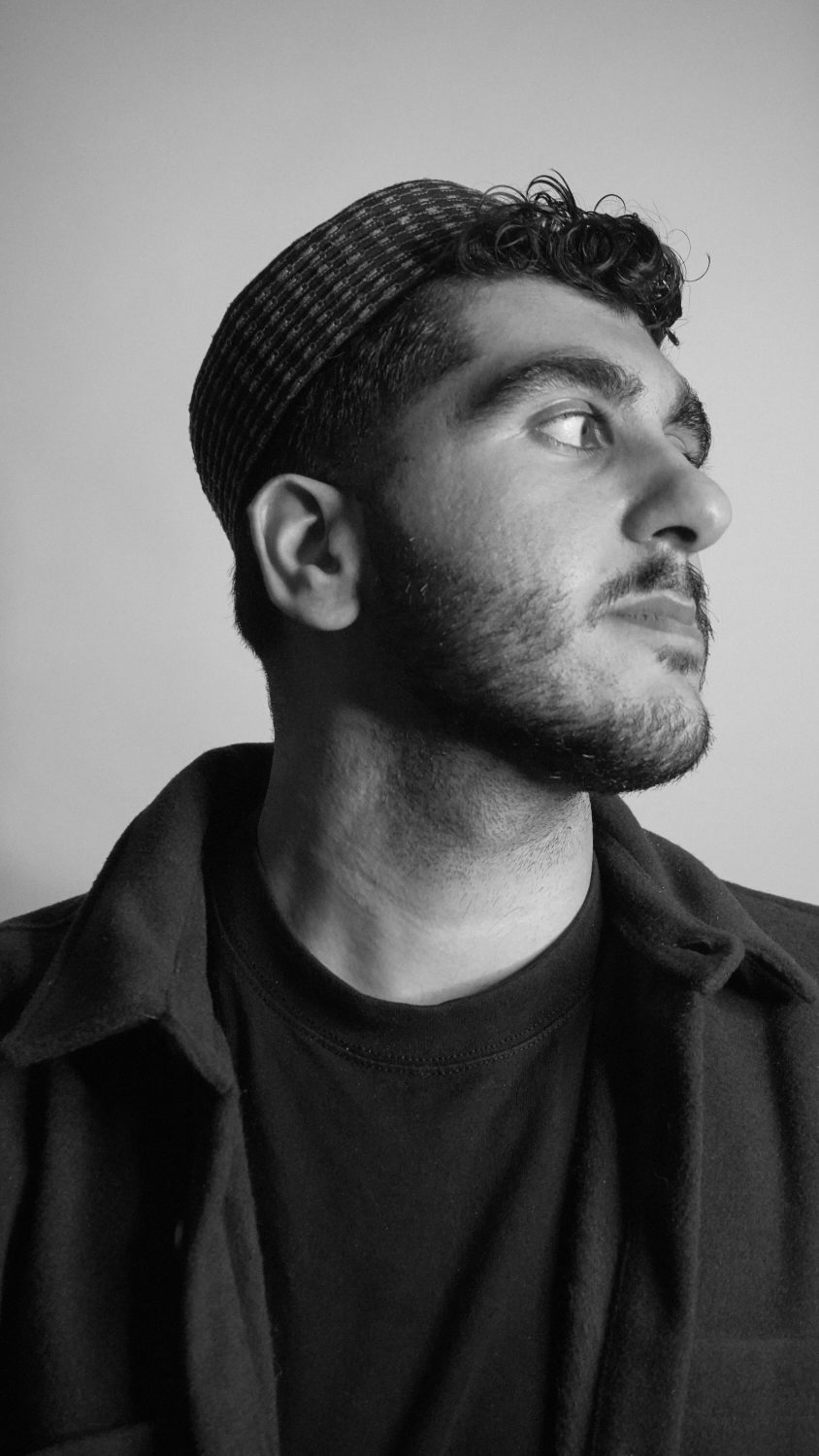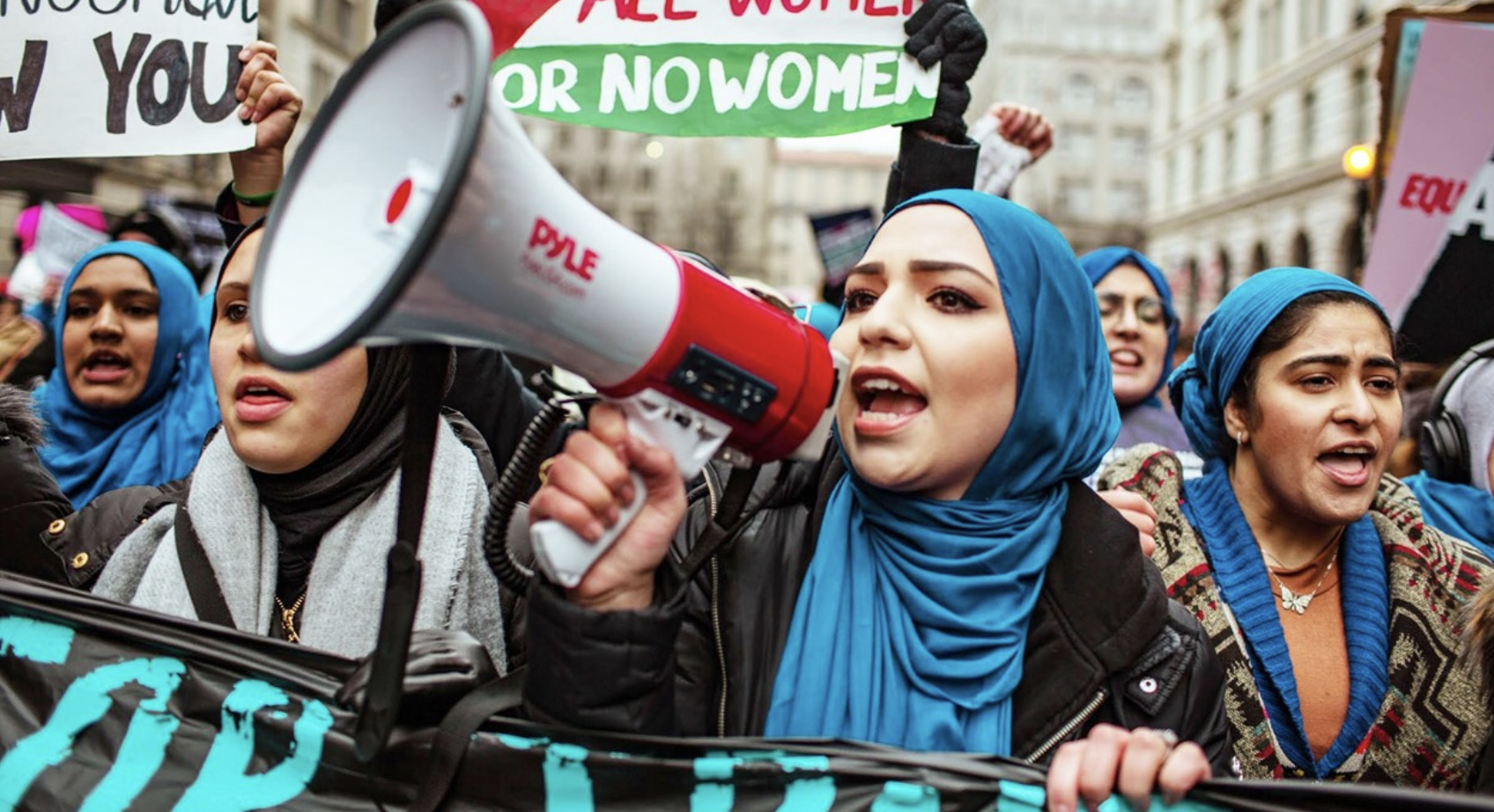As the holiest month of the year for Muslims, Ramadan—which begins on the evening of March 10 in 2024—is a time of spirituality, self-discipline, and compassion. For many who observe, that focus on compassion also translates into an increased focus on social justice and activism.
“If Ramadan isn’t a month of activism, I don't know what is,” says Hassan Selim, the Imam of the Islamic Center of Cedar Rapids in Iowa, an extension of the first established mosque in America. Activism can emerge in many ways. Imams like Selim raise awareness for countries and people in need during community gatherings. There are often food drives and clothing donations. Others promote global causes online, or participate in protests. Many donate. During Ramadan, according to one Hadith—a text of the words of Prophet Muhammad—good deeds are multiplied, and the quality of the reward in the afterlife is higher for anything done during the month. “Any deed of spiritual significance then becomes magnified in terms of its reward,” Selim says.
Ameer Al-Khatahtbeh is founder and Editor-in-Chief of Muslim, the largest news outlet covering stories that affect the global Muslim community. “The Muslim community mobilizes for causes [during the holy month] because it’s a time when people want to be the most generous and give their time, effort, labor, money, and support,” Al-Khatahtbeh says, noting that some people even wait for Ramadan to make donations. “What that looks like for the Muslim community is creating different initiatives, especially for international causes. Muslims give billions and donate more than any other marginalized group, so during Ramadan it’s much more amplified.”

Much of that activism happens online, especially on social media. Al-Khatahtbeh says one Ramadan, Muslim gained 1 million followers across its social media platforms. The staff at Muslim, he says, plans out Ramadan coverage up to six months in advance. That includes identifying charity partners.
Ramadan’s forms of giving aren’t just fiscal ones, says Isra Chaker, Senior Campaign Manager for Amnesty International. Chaker traces her roots in advocacy to her childhood in Boulder, Colo., where, she says, she faced intense Islamophobia. “My voice was my most powerful tool to influence positive change and to create a better world for not just myself to live in, but anybody who identified in any different identity than my own,” Chaker says. Since moving to D.C., she’s focused on designing campaigns and influencing policy while shifting narratives and misconceptions of marginalized groups. Outside her work with Amnesty International, Chaker has worked on campaigns addressing the Trump Administration's 2017 ban on immigration from some Muslim-majority countries, as well as indigenous rights and refugee resettlement.
Read More: Why More Non-Muslims Are Fasting This Ramadan
Protests during the holy month have been used to raise awareness for causes like human rights crises and religious freedom. Chaker says Ramadan can be a powerful time to convene and organize people. “People tend to be more active in Ramadan and more engaged in finding different ways that they can make a difference, and stepping out of their comfort zone to do what they can,” she says.
This Ramadan comes against the backdrop of the Israel-Hamas War, during which over 30,000 people in Gaza have been killed, with thousands more missing, according to the Gaza health ministry. Al-Khatahtbeh, who is Palestinian himself, says Muslim sees an increase in support for the Palestinian cause during Ramadan every year and prepares coverage in anticipation. “It’s a recurring issue,” he says. "It’s always expected and it’s sad but we have to save time for that because it’s coming.”

But the presence of community helps during Ramadan, even when people who observe are fasting and exhausted. “Without spiritual resilience and refinement we can’t go out there in the world… Activism is very exhausting and taxing,” Selim says. “There’s a lot of work in our communities that needs to be done to restore social justice, gender equality, and empower our youth, and Ramadan is an excellent opportunity to do that because it brings the community together and allows us to have these bigger conversations.”
More Must-Reads from TIME
- Caitlin Clark Is TIME's 2024 Athlete of the Year
- Where Trump 2.0 Will Differ From 1.0
- Is Intermittent Fasting Good or Bad for You?
- The 100 Must-Read Books of 2024
- Column: If Optimism Feels Ridiculous Now, Try Hope
- The Future of Climate Action Is Trade Policy
- FX’s Say Nothing Is the Must-Watch Political Thriller of 2024
- Merle Bombardieri Is Helping People Make the Baby Decision
Contact us at letters@time.com